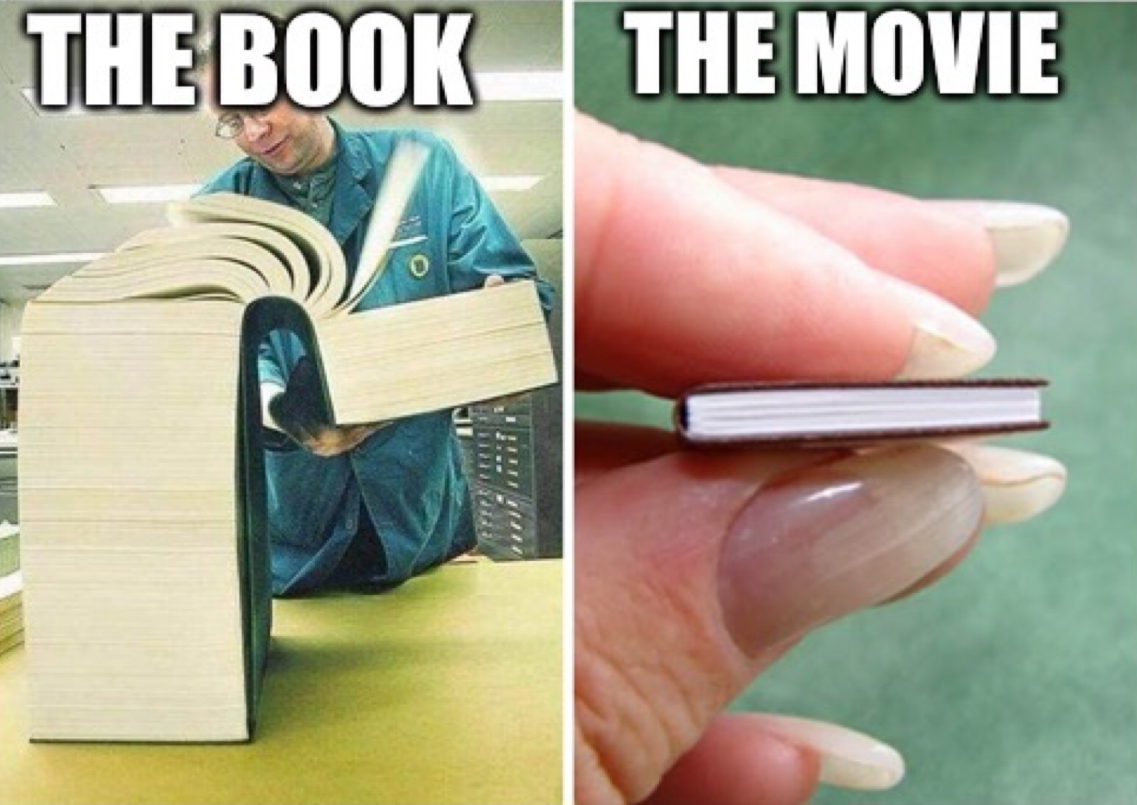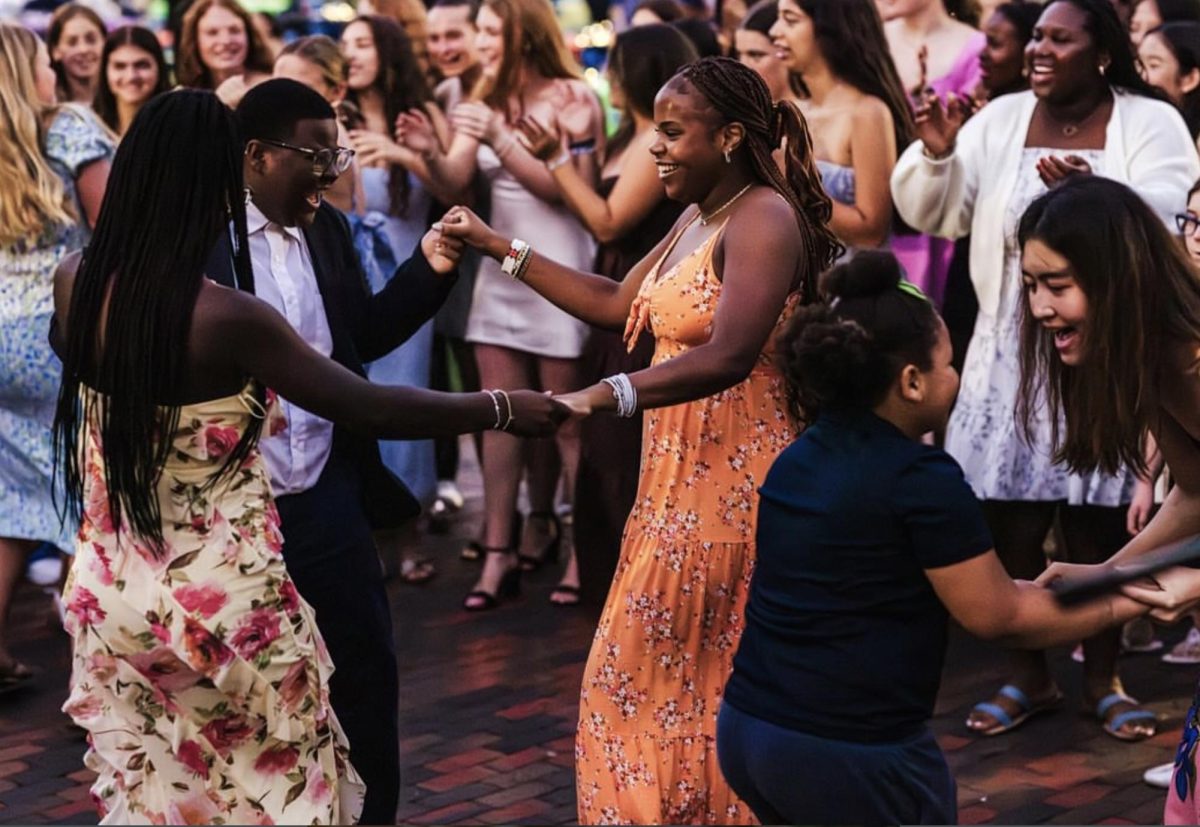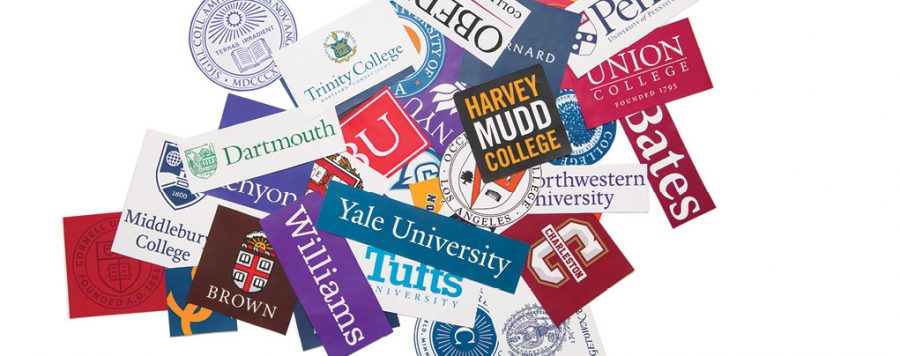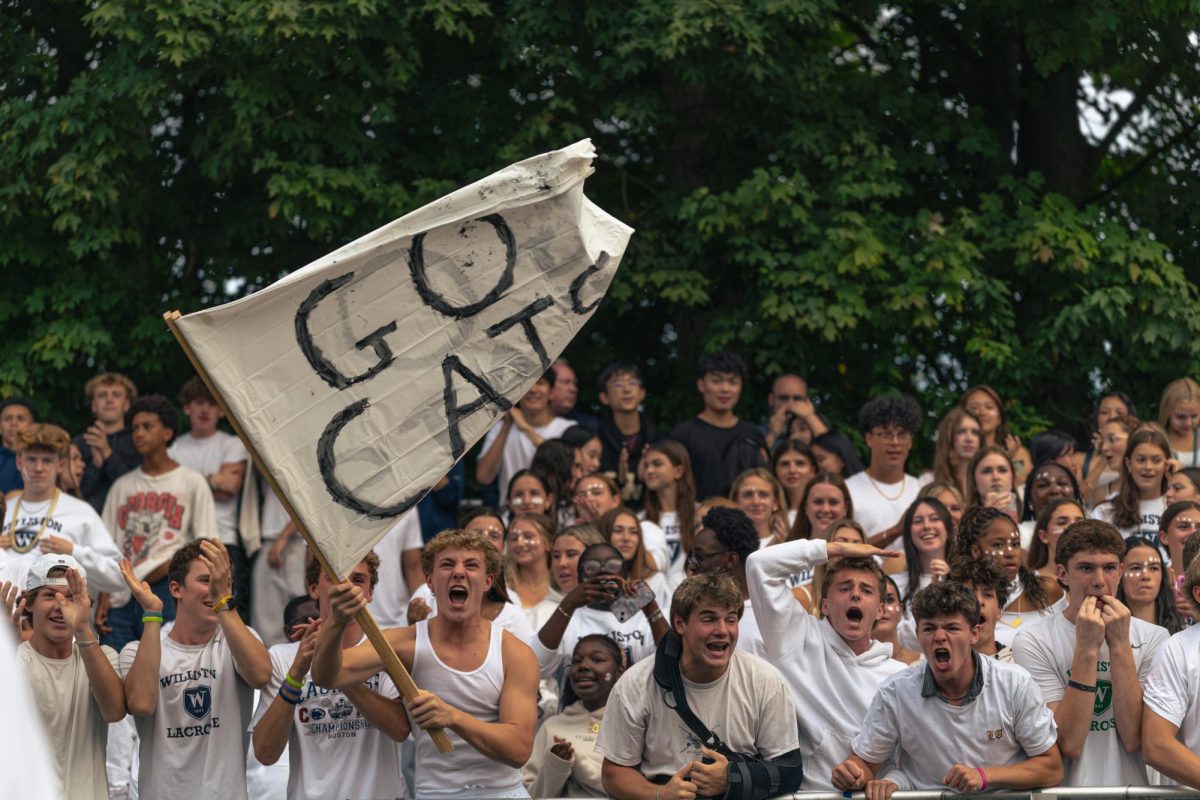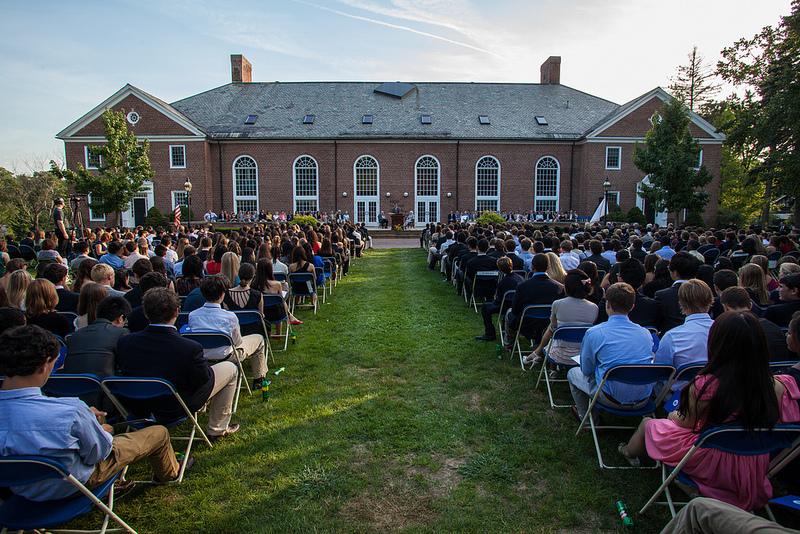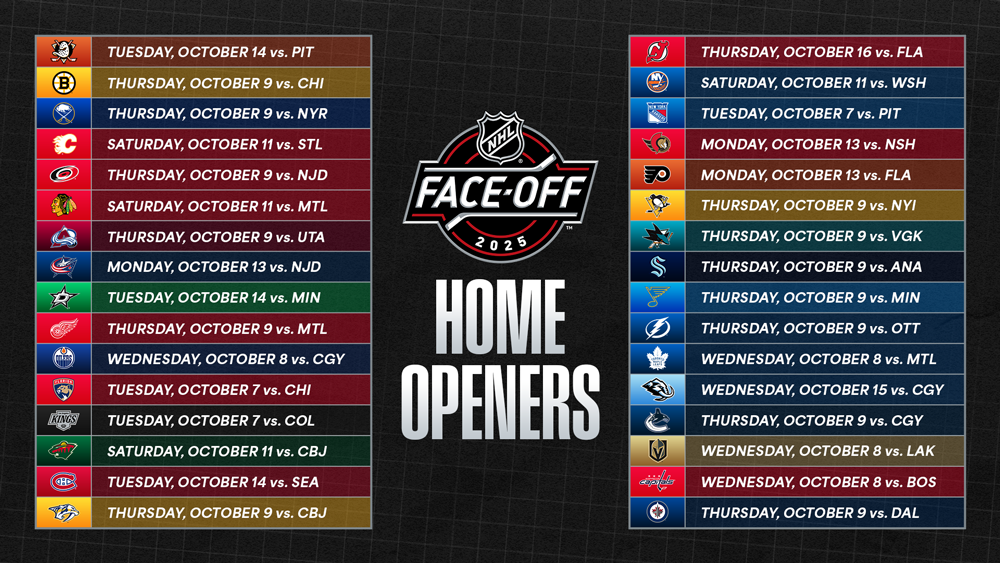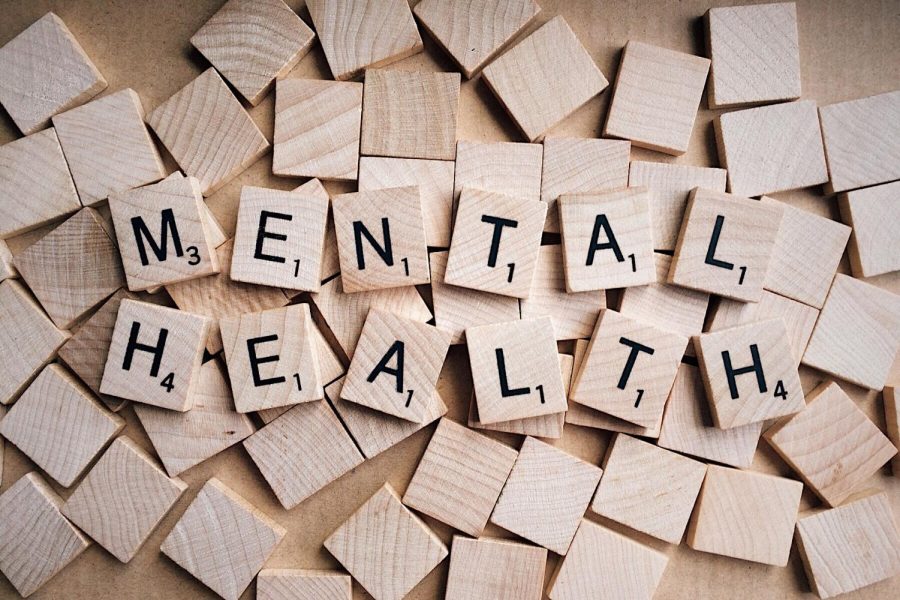The debate of books versus movies has captivated us for decades, frequently coming up in day to day discussions, family dinners, and even online forums.
As adaptations continue to dominate the entertainment landscape, the question remains: which medium offers the richer experience?
Books are often hailed as the superior medium, providing a depth of storytelling that movies seemingly never match. This sentiment is not without merit.
A 2020 study by Pew Research Center found that reading engages multiple cognitive functions, including memory, comprehension, and critical thinking, more deeply than passive screen consumption. Books grant readers the freedom to imagine settings and characters, tailoring the experience to their own interpretations.
Take J.K.Rowling ’s Harry Potter. While it’s cinematic adaptation is very much widely celebrated, some fans argue that the films condense the complex mythology and character development integral to Rowling’s world. Books allow for introspection, diving into the psyche of characters in ways movies cannot replicate. Moreover, the act of reading itself fosters patience and focus—qualities increasingly rare in today’s fast-paced, screen-dominated society.
Not everyone finds the act of reading easy, however.
Sophomore boarder Ella Cho explains, “I always fall asleep when I’m reading books. They just don’t hold my attention the same way movies do because movies are more visual.”
Her perspective reflects a common sentiment among today’s youth, who often struggle to engage with the slower pace of books compared to the immediate appeal of visual media.
On the other hand, movies offer a compelling case for their efficiency and accessibility. In a time-strapped world, dedicating two hours to a film is often more feasible than committing to a 600-page novel. Movies also provide a communal experience; the shared excitement of a cinema screening or a cozy movie night with friends creates memories that books, typically a solitary endeavor, cannot replicate.
Furthermore, visual storytelling can elevate certain narratives. The breathtaking cinematography of “Dune” (2021), for instance, brought Frank Herbert’s intricate universe to life in a way that even seasoned readers found awe-inspiring. Emotional performances by actors and evocative soundtracks add dimensions that words on a page cannot convey.
Junior boarder Haruka Okuno shares, “I prefer movies to books because visually, they help me understand the story more.”
“Seeing the actors and how they play the role makes me feel like I’m part of the world,” she adds.
“The Notebook” and “The Sandlot” were popular mentions for movies, while “Catcher in the Rye”, “The Nickel Boys”, and “Where the Crawdads Sing” were listed for books—surprising, given that the first two are required reading in the English department.
However, despite their merits, books face hurdles in a digital age saturated with instant gratification.
A 2023 report by the National Endowment for the Arts revealed that only 45% of Americans read for pleasure annually, a stark decline compared to previous decades. The reasons are manifold: the ubiquity of streaming platforms, the perceived effort required to read, and the declining attention spans exacerbated by social media.
For many, picking up a book feels like a daunting task—a commitment that clashes with the constant influx of notifications and other distractions. This struggle to get back into the habit of reading is further compounded by a lack of practice. Unlike watching a movie, reading demands frequent engagement, which can be challenging in our face paced world.
Yet, despite the allure of movies, the significance of reading cannot be overlooked. Books offer unparalleled opportunities for personal growth, critical thinking, and empathy.
An 2022 study by the University of Sussex found that reading for just six minutes a day can reduce stress by up to 68%, more effectively than listening to music or taking a walk. Additionally, books preserve cultural and historical knowledge, offering insights that shape how we view the world.
The debate between books and movies does not need to determine a winner, though. Both have their pros and cons that cater to different needs. The key lies in finding a balance: embracing the imaginative depth of books while appreciating the visual spectacle of films.
As Haruka points out, “Movies can help you see the story in a different way, but books let you imagine it yourself.”



